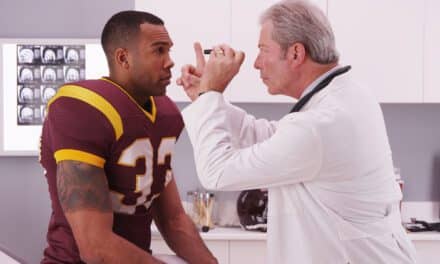The American College of Radiology (ACR), Reston, Va, stated that direct Food and Drug Administration (FDA) oversight of CT scanners, as suggested by a recent New England Journal of Medicine (NEJM) article, would be challenging and also inhibit essential CT scan flexibility.
The opinion piece was authored by Rebecca Smith-Bindman, M.D, professor in residence, Radiology and Epidemiology & Biostatistics, Obstetrics, Gynecology, and Reproductive Medicine at University of California San Francisco.
In a press statement, the ACR said that having direct FDA oversight, as suggested, would be “a logistical impossibility, given the number of scanner types, scanner generations, and the variety of indications for which medical imaging serves an appropriate role.”
The ACR statement added that narrowly defined regulations “may not allow for the flexibility that physicians need to provide the best possible care to their patients.”
The statement was written with the Society of Computed Body Tomography and Magnetic Resonance (SCBTMR).
Rather than FDA oversight of CT exams, the ACR suggests that facilities comply with existing and presently voluntary recommendations. These include implementing physician order-entry and decision support software based on ACR appropriateness criteria, receiving ACR facility accreditation, and implementing a CT radiation dose index registry.
Read the full ACR/ SCBTMR response on the ACR’s website.
(Source: Press Release)




